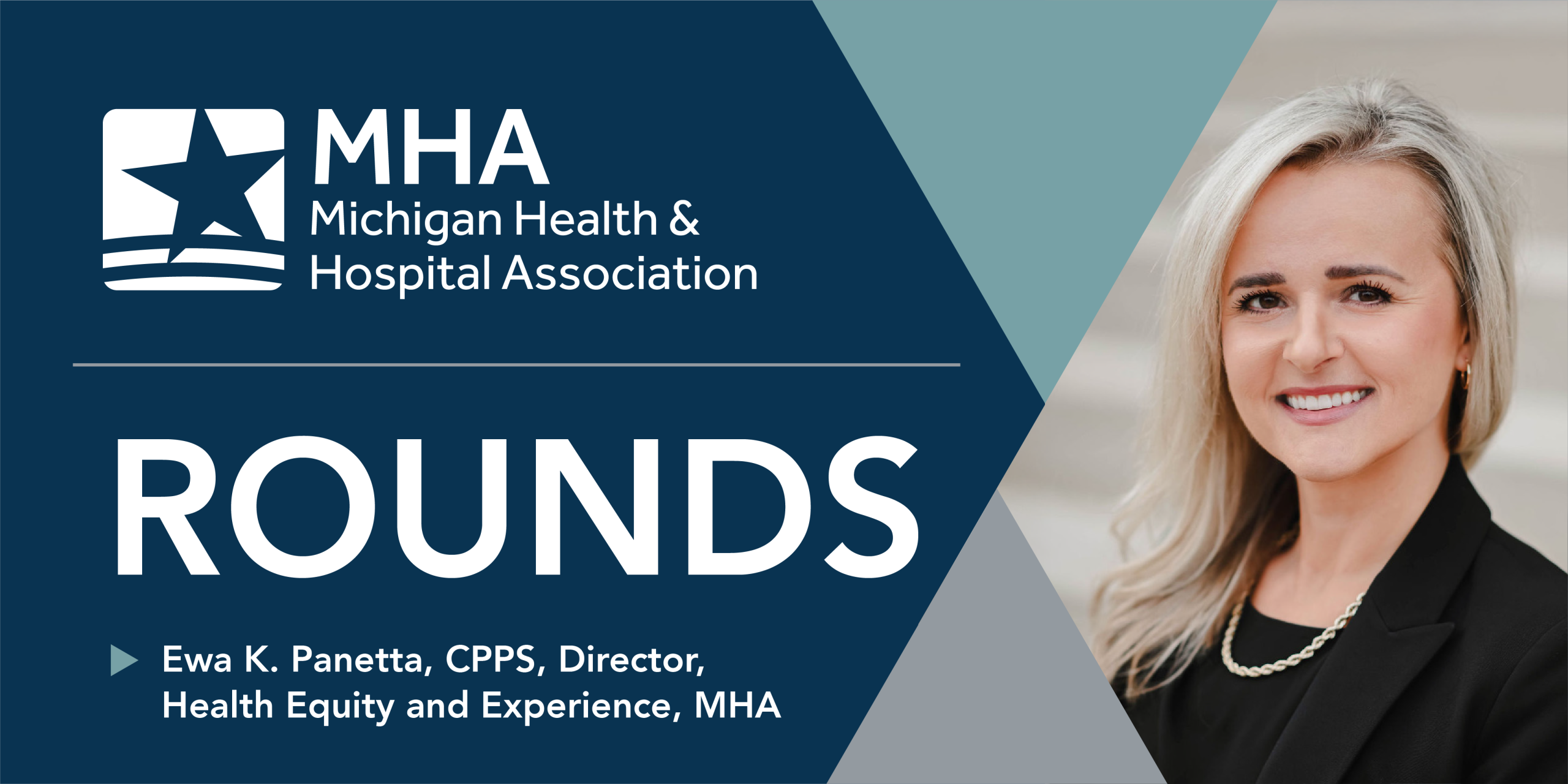 Designing Health Equity Programs to Improve Health.
Designing Health Equity Programs to Improve Health.
Advancing health equity for all Michiganders is a key focus of Gov. Whitmer and the Michigan Department of Health and Human Services, as Gov. Whitmer declared January Social Determinants of Health (SDOH) Month. This opportunity recognizes the importance of addressing social and economic factors that have a greater impact on overall health than factors like biology, behavior or medical care. Successful health equity programs require considering the most impactful SDOH in the local communities to ultimately improve health.
Step one is understanding the factors and barriers that impact the way communities and individuals experience health and healthcare. At the community level, these are referred to as social determinants (drivers) of health (SDOH), while at the individual level, they are referred to as health-related social needs (HRSNs).
It is no surprise that accreditation and regulatory bodies are including health equity requirements and quality measurements that call on hospitals to effectively assess and understand SDOH and HRSNs, with the ultimate goal of improving the quality of care for all patients. By identifying these factors, hospitals can better understand what steps are needed to address patient level needs and inform investment in long-term solutions that impact health disparities at the community level.
No single organization or sector has sole responsibility for addressing these factors – it takes authentic partnerships, long-term investment and designing health equity programs that are intentional in addressing root causes of poor health outcomes. As we enter a new year, let January serve as a reflection of hospitals’ commitment to the MHA’s mission of advancing the health of all individuals and communities.
Below are resources available to help you and your organization address these factors.
Organizational Level
Assess patient and community social needs and integrate social care navigation into clinical workflows.
- Use the Guide and Action Plan to Integrating CMS and TJC Health Equity Requirements to identify key data collection requirements across SDOH/HRSNs and design programs and interventions that address these factors. The exclusive MHA-member resource was developed to support hospitals and health systems with establishing and maintaining a health equity program that meets The Joint Commission and CMS requirements and standards by centering quality improvement best practices to guide implementation.
- Leverage key learnings included in the Accelerating Health Equity Through Quality Improvement exclusive MHA-member guide to evaluate how to build data infrastructures needed to collect and use sociodemographic data more effectively across the organization.
Community Level
Build relationships to address local social, political and economic structures and conditions that lead to health inequities.
The MHA and the MHA Keystone Center remain committed to supporting member hospitals on their health equity journey! We look forward to sharing additional health equity resources and association activities throughout the program year.
Ewa Panetta – Director of Health Equity and Experience
